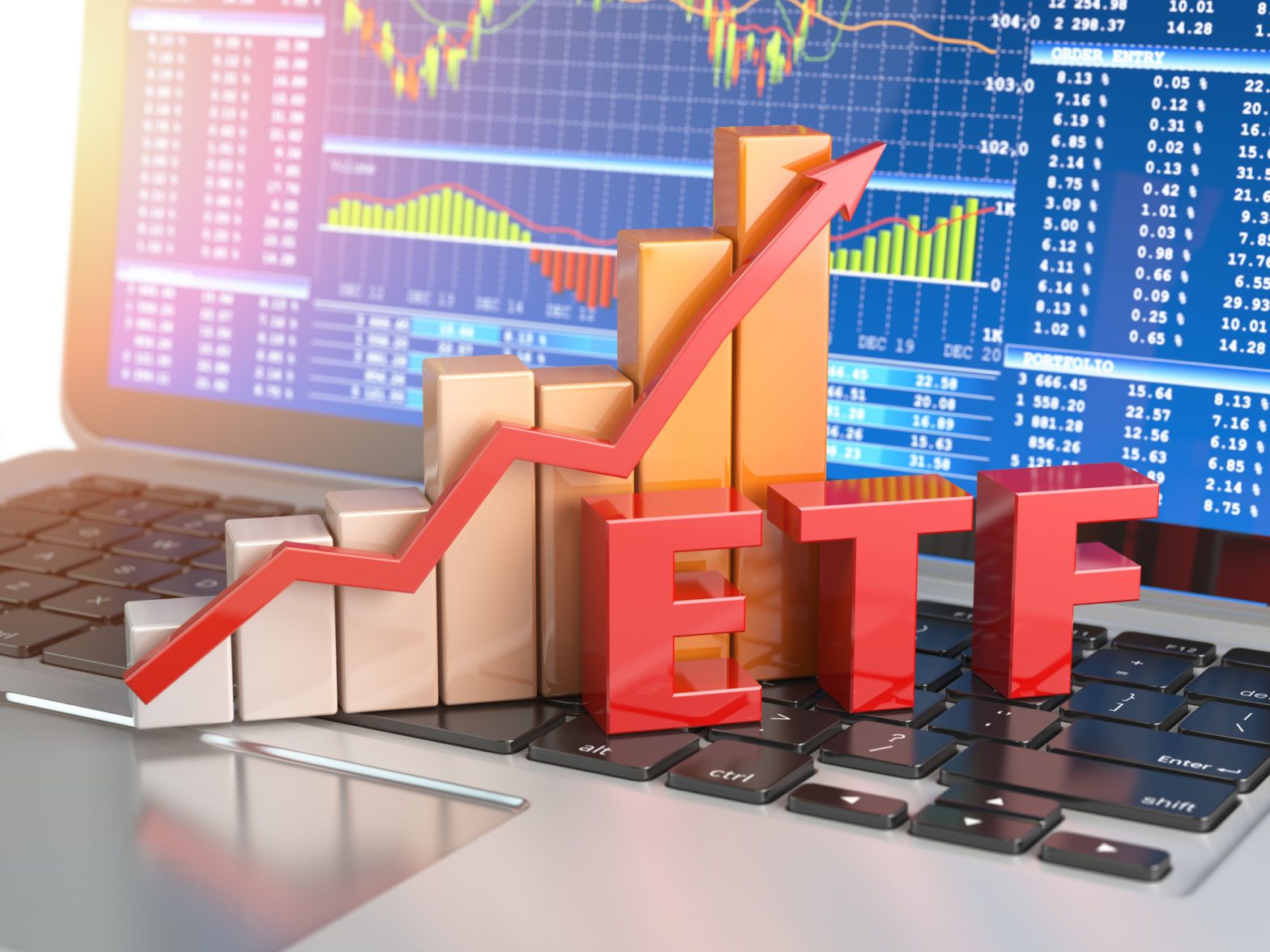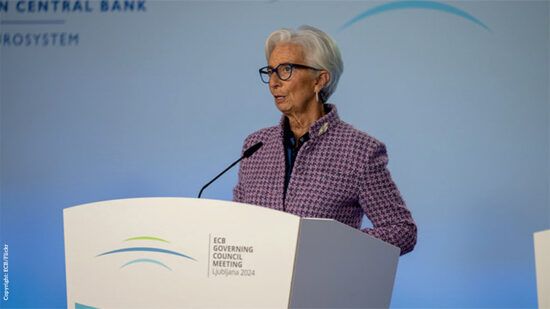Four in five investors plan to increase their exposure to active ETFs in the next 12 months, according to research by Brown Brothers Harriman (BBH).
The firm’s 2024 Global ETF Investor Survey, subtitled ‘Evolution in ETFs’, found 82% of investors saying they would increase their use of exchange-traded funds in the year ahead, while 78% said they planned to increase exposure to actively managed ETFs over the same timeframe. Nearly three quarters (74%) said they planned to increase the number of issuers they work with.
The authors of the survey argued there was “much reason for continued optimism” in the ETF sector, with the product class moving beyond its early passive equity mandates to include fixed income, alternatives, commodities, defined outcome, active and thematic strategies.
“Our 2024 findings suggest investors want to strike a balance between optimism and caution with their asset allocation in the year ahead, through expansion of innovative strategies to protect against risk,” they continued. “With strong equity returns, a resilient economy and inflation showing signs of stabilising, investors are cautiously considering portfolio positioning. While investor sentiment was bullish about equities and crypto, stated product demand was pronounced for fixed income, buffered ETFs, multi-asset and actively managed strategies.”
They also expected the expansion of the actively managed ETF category would provide investors with access to “a growing roster of talented investment managers at institutional level pricing”, adding: “The acceleration in product innovation has provided tools for greater diversification at a low cost, further highlighting ETFs’ potential role as stabilisers during periods of volatility.”
Lingering doubts in Europe
BBH noted the proportion of investors ready to invest in ETFs was lowest in Europe – at 74%, compared with 77% in Greater China and 97% in the US. Two-fifths (42%) of investors, the company added, were leveraging ETFs for efficient portfolio management or ease of implementation – suggesting investors increasingly outsource portfolio construction to focus on client relationships and additional services. For their part, financial advisers most cited ETF usage as part of a broader model portfolio.
“It is surprising to see the feedback around usage of ETFs as the core of a portfolio ranked comparatively low,” noted BBH. “Generally, investors want core exposure to be cost-efficient, which is why so many have gravitated toward ETFs as a low-cost implementation option. The results could indicate there is more opportunity for ETFs beyond broadly diversified passive index funds. Or potentially that capital is locked up in long-term mutual fund holdings where, with markets appreciating, investors in the US and Europe are avoiding swapping them out for tax reasons.”
For this year’s research, the firm said it surveyed 325 ETF investors, including institutional investors, financial advisers and fund managers across the US, Europe (including the UK), and Greater China. Two-fifths (40%) of these manage more than $1bn (€920m) in assets.







